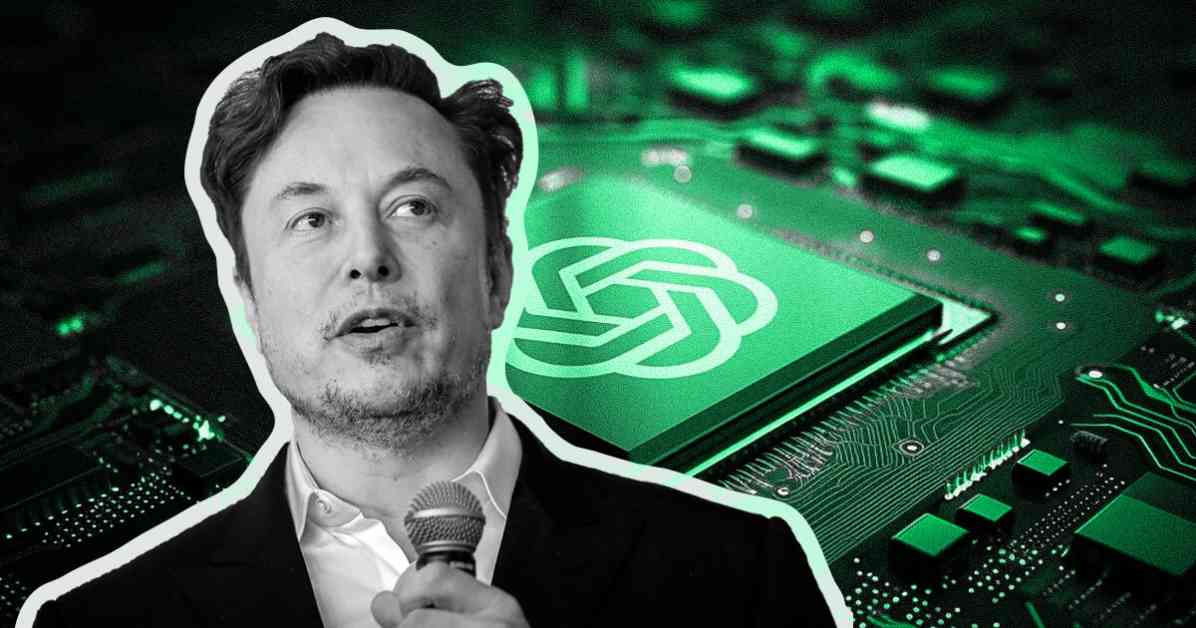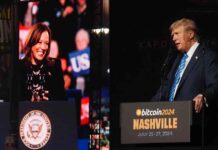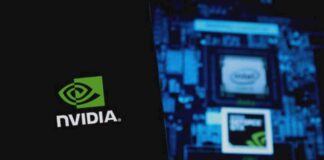OpenAI recently filed a motion to dismiss the lawsuit brought forth by Elon Musk, accusing the firm of breaching contracts, engaging in fraud, and violating racketeering laws. The motion argues that Musk’s claims are legally unfounded and part of a broader strategy to gain a competitive advantage in the AI industry.
One of the key arguments made by OpenAI in the motion is that Musk’s breach of contract claims are baseless because there was no enforceable contract between Musk and OpenAI. The firm stated that the correspondence Musk relied on to assert the existence of a “Founding Agreement” were informal discussions and not legally binding commitments. Additionally, OpenAI claims that the terms Musk alleges were breached were never agreed upon by the firm or its executives.
OpenAI also challenged Musk’s allegations of fraud and racketeering under the RICO Act, stating that these claims lack the specificity required to proceed in court. The defense argued that Musk failed to provide concrete evidence of fraudulent behavior by OpenAI executives. They emphasized that Musk’s claims are based on conjecture rather than factual support.
Furthermore, OpenAI’s motion questioned Musk’s standing as a donor to bring forward fiduciary duty claims against the organization. The company maintains that donors like Musk have no legal authority to challenge decisions made by the board or dictate the company’s strategic direction. They also stated that OpenAI’s evolution into a hybrid for-profit and non-profit entity, as well as its partnership with Microsoft, is within the company’s rights and does not constitute a breach of duty to Musk.
The hearing for the motion is set for Nov. 12 before US District Judge Yvonne Gonzalez Rogers in Oakland, California. If the court grants OpenAI’s motion, it could lead to an early end to the lawsuit. However, if the motion is denied, the case could proceed to discovery, where both sides would need to produce additional evidence to support their claims.
This legal battle between OpenAI and Elon Musk highlights the complexities of contract law, fiduciary duties, and the evolving landscape of AI technology partnerships. It also sheds light on the challenges that arise when non-profit organizations transition to hybrid models and engage in commercial collaborations. The outcome of this case could have significant implications for the future of AI development and the responsibilities of organizations in this rapidly growing industry.














